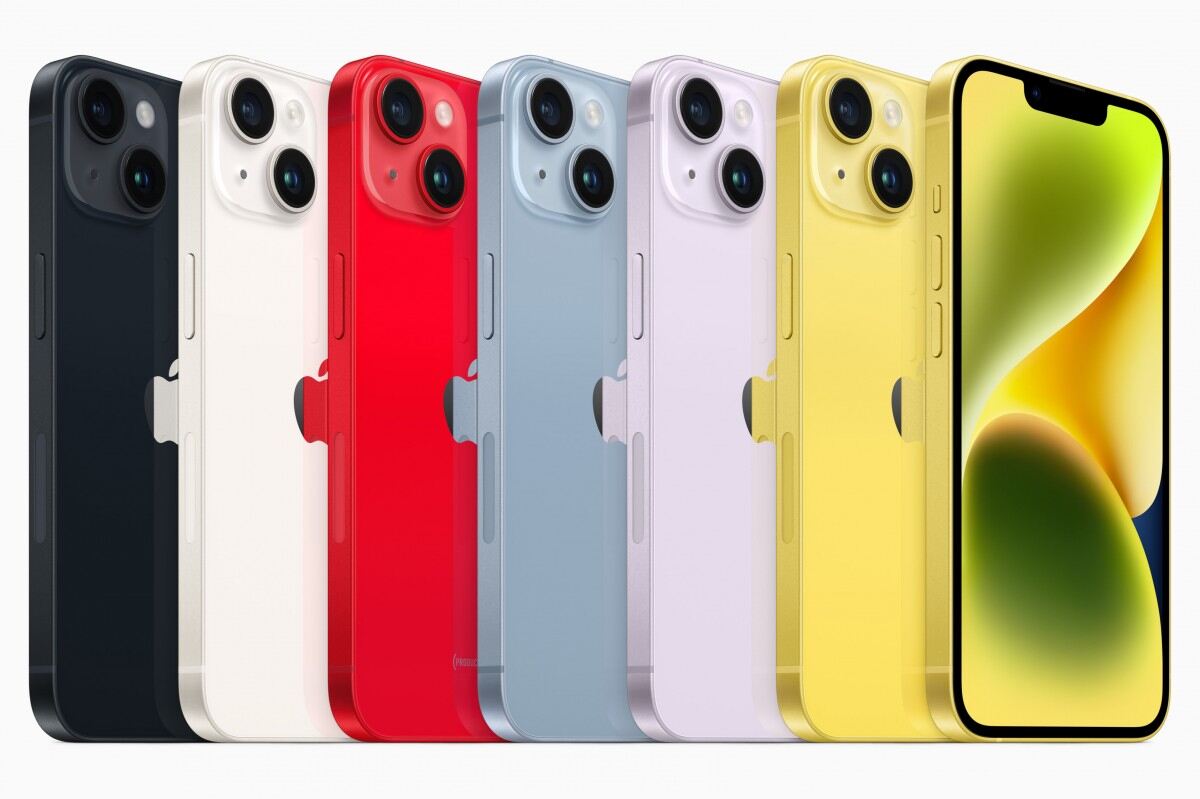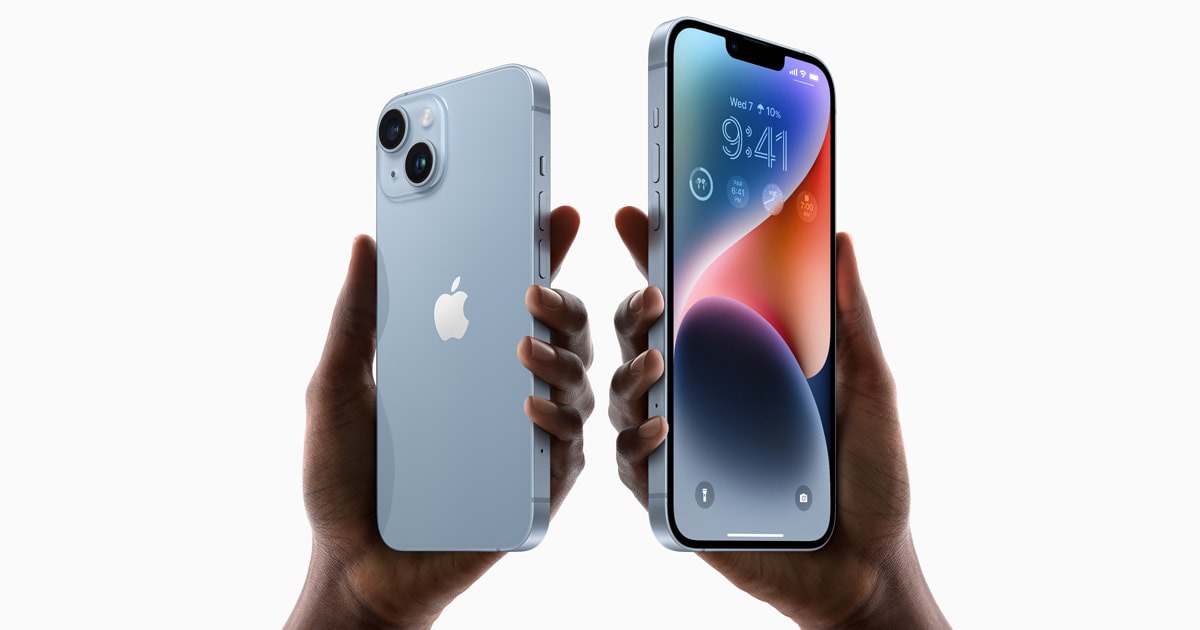Russia has made headlines once again, this time with a shocking announcement that will impact tech enthusiasts in the country. The Russian commerce ministry plans to ban the use of Apple products, including iPhones, iPads, Macs, and more, for all work-related purposes. This decision comes amidst claims that Apple devices are being used for eavesdropping. While the ban will not restrict personal use, it poses significant implications for official activities. Let’s delve into the details surrounding this development.

Russia ban the use of Apple products: fruther details
The Russian Federal Security Service (FSB) recently claimed that it had discovered a “spying operation by US intelligence agencies” involving thousands of iPhone units. The FSB accused Apple of collaborating with US signal intelligence to install software on specific iPhones to monitor conversations. Despite a lack of evidence to substantiate these claims, the Russian government has moved forward with the ban on Apple products.
In response to the allegations, Apple firmly stated that it has never collaborated with any government to create backdoors in its products and maintains its commitment to user privacy. However, tensions escalated after Russia’s invasion of Ukraine, leading to trade restrictions. Apple Pay was banned, and eventually, Apple stopped selling its products in Russia.
The Russian government aims to achieve complete self-sufficiency in hardware and software developed within the country. President Vladimir Putin issued a directive requiring companies involved in critical information infrastructure to use domestically developed software by 2025. This initiative aligns with Russia’s desire to reduce reliance on foreign technology and strengthen its own tech industry.
The AYYA T1 smartphone, developed by Rostec, a division of the Russian defense industry, was intended to be a substitute for iPhones in Russia. However, only a small fraction of the 5,000 devices produced were sold to Russian customers. Retailers had to reduce prices significantly to encourage sales. This echoes the struggle faced by Huawei, as both companies face trust issues and allegations of potential backdoors.
The bans imposed by governments like Russia and the United States stem from a lack of trust and the fear of information being used against them. While evidence supporting these allegations is often absent, governments prioritize national security and take precautionary measures. The issue of trust is a recurring theme in the technology sector, shaping decisions regarding the use and procurement of foreign-made devices.
To get our latest news once they’re published, please follow us on Google News, Telegram, Facebook, and Twitter. We cover general tech news and are the first to break the latest MIUI update releases. Also, you get issues-solving “How To” posts from us.
